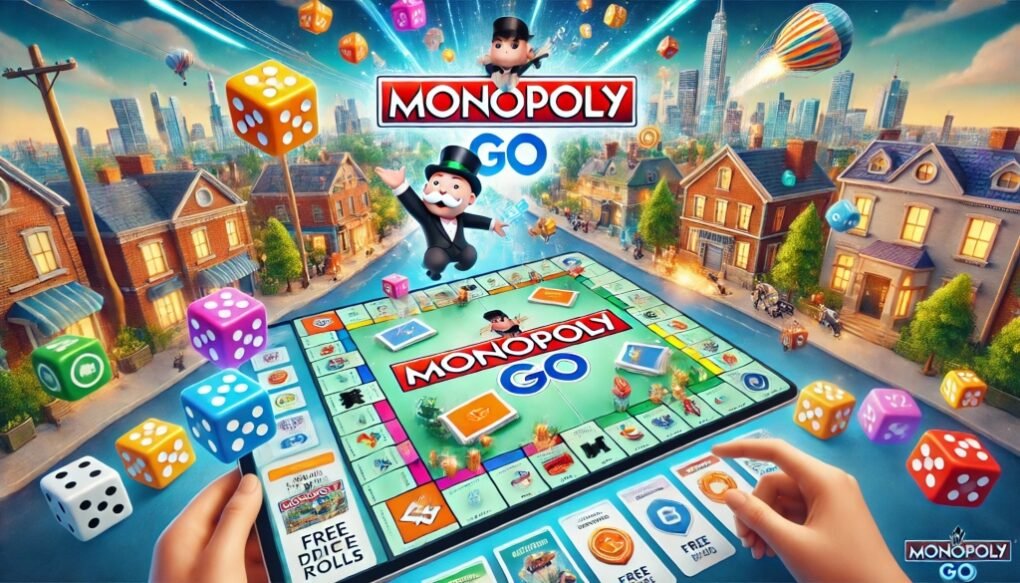Crossword puzzles have long been a source of entertainment and intellectual challenge for enthusiasts around the world. They provide a unique blend of mental exercise and satisfaction, as solvers work through grids filled with carefully crafted clues. The appeal of crosswords lies in their ability to engage the brain, offering a perfect balance between relaxation and mental stimulation. One of the most intriguing aspects of these puzzles is encountering a tricky clue, such as ‘Used as a Campaign talking point NYT Crossword’. This particular clue has sparked significant interest and discussion among crossword aficionados.
The excitement of solving crossword puzzles often stems from the need to decode cleverly disguised words and phrases. Each clue requires a combination of vocabulary knowledge, lateral thinking, and an understanding of wordplay. Context plays a crucial role in this process, as seemingly straightforward clues can have layered meanings or puns that lead to the correct answer. The clue ‘Used as a Campaign Talking Point’ is a prime example of this complexity, as it challenges solvers to consider various angles and interpretations to arrive at the solution.
As we delve deeper into the intricacies of this particular crossword clue, it becomes evident why it has captured the attention of the crossword community. The journey to deciphering ‘Used as a Campaign Talking Point’ requires a keen eye for detail and a love for the nuanced art of crossword clue hunting. This exploration will shed light on the methods and thought processes that make solving such clues a rewarding experience.
Breaking Down the Clue: ‘Used as a Campaign Talking Point’
Understanding the crossword clue ‘Used as a Campaign Talking Point’ requires a dive into the world of political strategies. A campaign talking point is a succinct, persuasive statement used by politicians and their teams to convey key aspects of their message to the public. These talking points are crafted to be memorable and easily repeated, helping to shape public perception and media narratives. For example, in the 2008 U.S. presidential campaign, Barack Obama frequently used the talking point “Change we can believe in,” which encapsulated his message of hope and reform.
The five-letter constraint in this crossword clue introduces a layer of complexity, narrowing down the pool of potential answers. This limitation forces solvers to think critically about the structure of possible solutions. Words like “theme” or “motto” are typical five-letter terms that can fit into this category, although the specific context of the puzzle might suggest different synonyms or related concepts.
When faced with a crossword puzzle, solvers often employ strategies to pinpoint the correct answer. One approach is to consider the context provided by adjacent clues, which may offer hints about the theme or subject matter. Another useful technique is to brainstorm common five-letter words associated with political campaigns, such as “slogan” or “issue.” By cross-referencing these possibilities with the letters already filled in the grid, solvers can systematically narrow down the options.
Moreover, experienced crossword enthusiasts often rely on their familiarity with frequently used terms and phrases in the genre. Recognizing patterns and commonalities in crossword clues can significantly enhance one’s ability to deduce the correct answer quickly. The interplay between the clue’s phrasing and the letter count is a critical factor in this problem-solving process, making it both a challenging and rewarding endeavor for those who enjoy the art of the crossword puzzle.
Exploring Popular Crossword Sources
Crossword enthusiasts often find themselves navigating through a variety of sources to satiate their puzzle-solving cravings. Among the most prominent are the Daily Celebrity, the New York Times (NYT), and the Daily Mirror. Each of these publications brings its flair, level of difficulty, and unique characteristics to the table.
The Daily Celebrity crossword is known for its accessibility and topicality. These puzzles are designed to be approachable, catering to a broad audience with clues often related to current events, pop culture, and widely known trivia. For instance, a clue such as “Used as a campaign talking point” might be simplified to something like “Slogan.” This approach ensures that solvers of varying skill levels can enjoy the challenge without feeling overwhelmed.
On the other hand, the New York Times crossword is celebrated for its depth and complexity. The puzzles range from moderately challenging at the beginning of the week to extremely difficult by Saturday. The Sunday puzzle is a revered institution, known for its larger size and intricate themes. A clue like “Used as a campaign talking point” in the NYT might be more cryptic, requiring solvers to think outside the box. Historical examples include nuanced clues such as “Rhetoric” or “Agenda.” The elegance and sophistication of Used as a Campaign talking point NYT Crossword make them a favorite among seasoned solvers.
Overall, each of these sources contributes distinct qualities to the rich tapestry of crossword puzzles. Whether you’re seeking an easy win, a brain-busting challenge, or something in between, publications like the Daily Celebrity, NYT, and Daily Mirror offer a diverse range of puzzles sure to engage and entertain.
Strategies for Finding the Right Answer
Deciphering crossword clues, especially those as specific as “Used as a Campaign talking point NYT Crossword,” can be a daunting task. However, with the right strategies, you can enhance your problem-solving techniques and enjoy the process. One effective approach is to start by identifying common prefixes and suffixes. These linguistic elements can significantly narrow down the possibilities, guiding you toward the correct 5-letter answer.
Another invaluable resource is the crossword dictionary. These specialized dictionaries are tailored to the unique language and structure of crossword puzzles, making them an excellent tool for both novice and experienced solvers. They can help you quickly find synonyms and related words that fit the given clue, improving your chances of success.
Leveraging online resources and forums can also be a game-changer. Platforms like dedicated crossword-solving websites and community forums offer a wealth of knowledge and shared experiences. Engaging with these communities can provide fresh perspectives and insights that you might not have considered. Additionally, many of these sites feature advanced search functionalities, allowing you to input specific criteria and receive targeted suggestions.
Patience and practice are crucial elements in honing your crossword-solving skills. The more you practice, the more familiar you will become with common crossword conventions and the subtle nuances of clue construction. Over time, this familiarity will enable you to recognize patterns and solve puzzles more efficiently.
Finally, it’s essential to embrace the process of solving crosswords with a positive mindset. Each puzzle presents a unique challenge, and applying these strategies will not only help you find the right answers but also enhance your overall cognitive abilities. So, the next time you encounter a tricky clue like “Used as a campaign talking point,” remember these techniques and enjoy the journey of decoding the answer.








